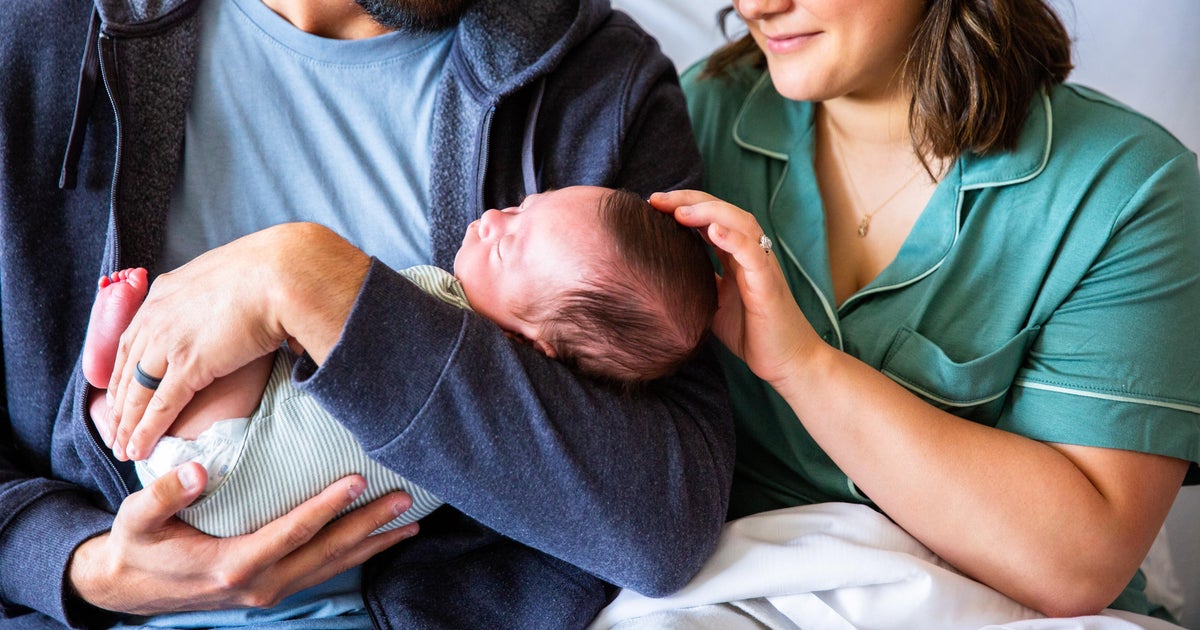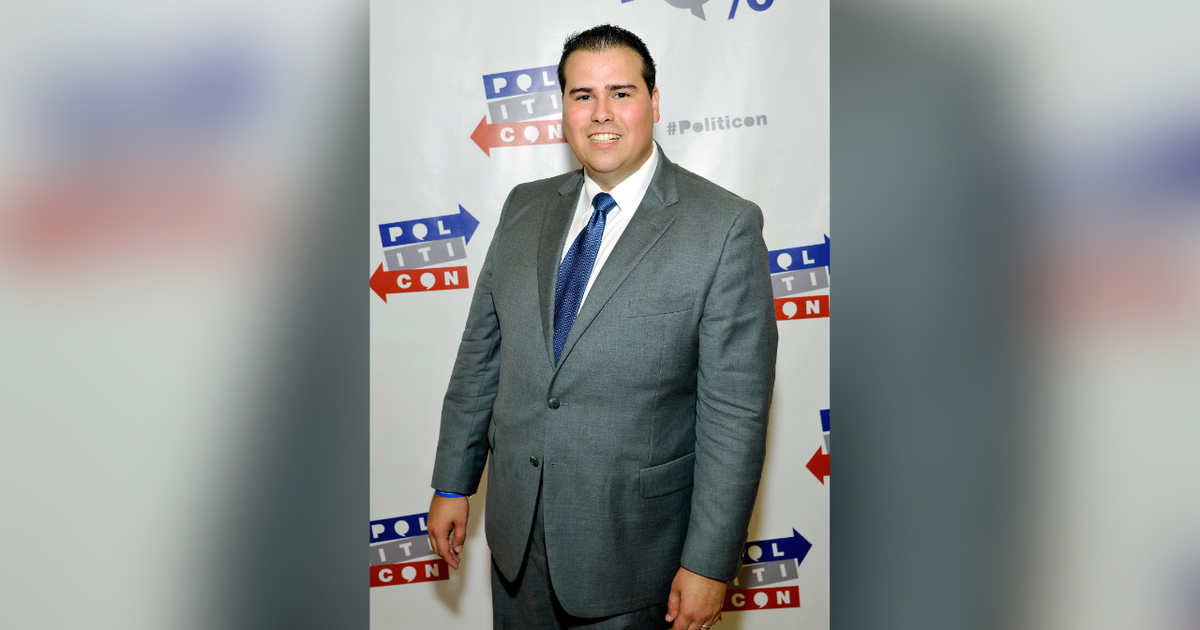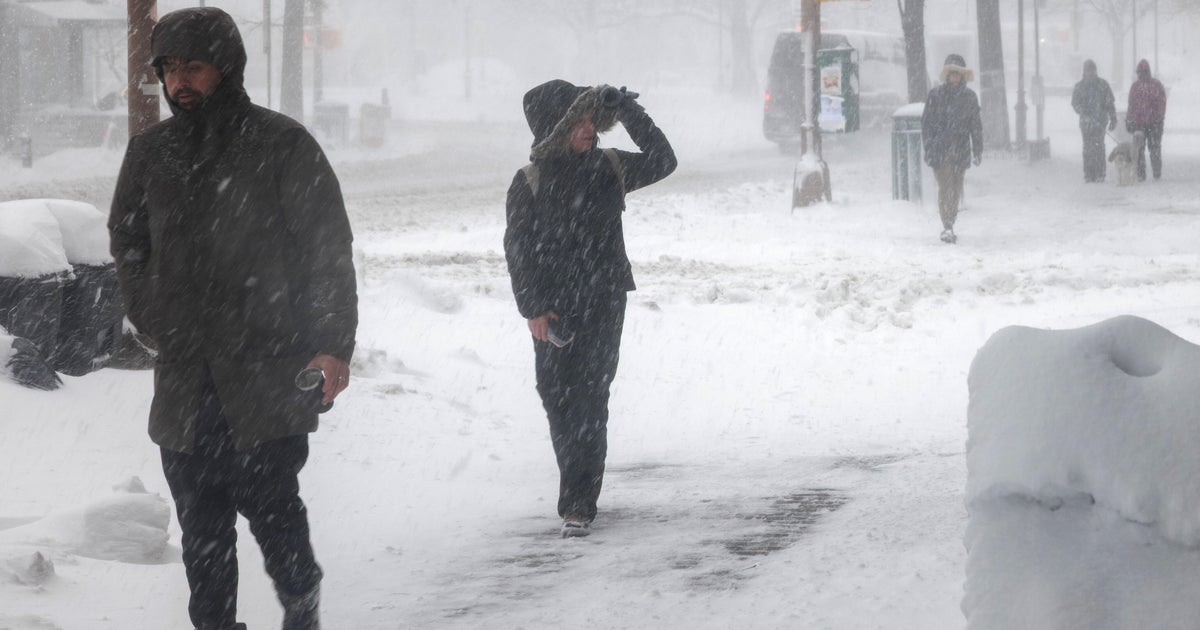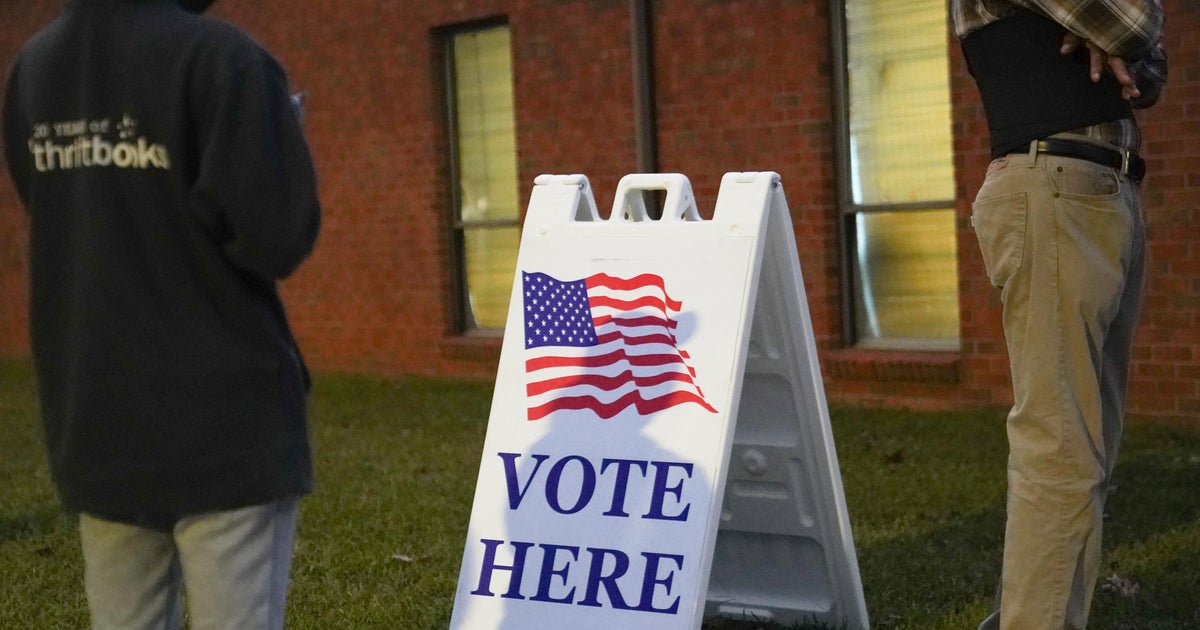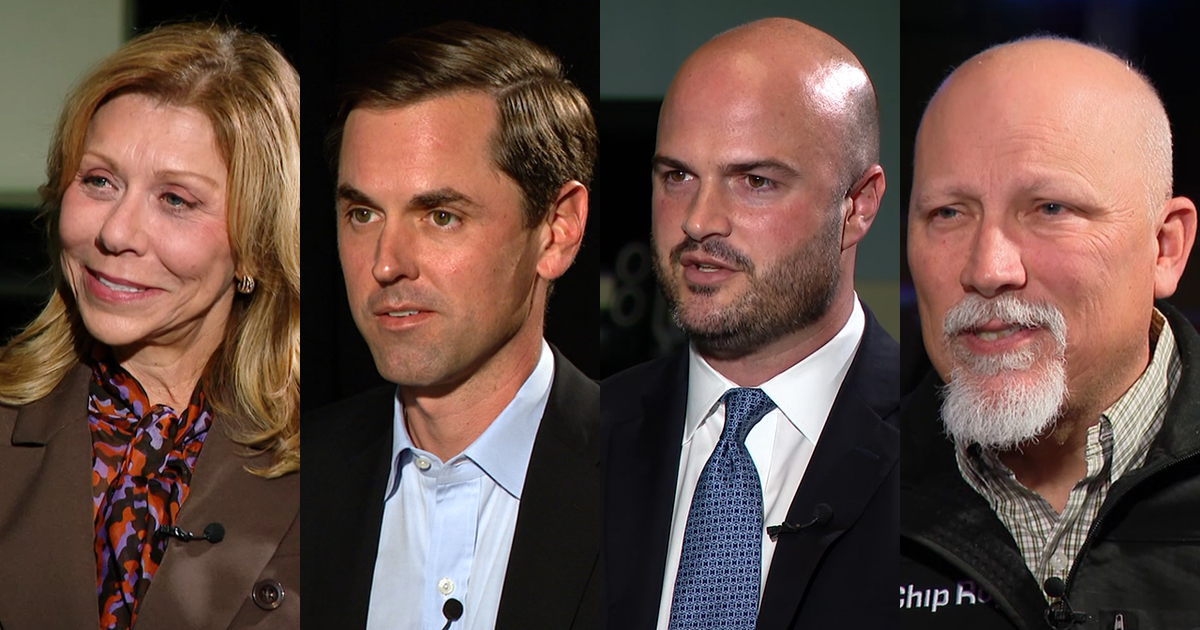Klobuchar, Bills Jab Each Other In Feisty Debate
FALCON HEIGHTS, Minn. (AP) — U.S. Senate candidates Amy Klobuchar and Kurt Bills met for the first wide-ranging debate of the campaign Thursday, a lively Minnesota State Fair exchange that showcased deep policy differences between the candidates and no reluctance from either to fling tough rhetoric.
The debate, aired live on Minnesota Public Radio, focused largely on the federal budget, taxes, spending and jobs. But it also touched on foreign policy and veterans issues, global warming and energy, agriculture and trade policy, and social issues.
The candidates displayed wide differences on fiscal policy. While both acknowledged the need to address the massive federal debt and deficit, they diverged strongly on how best to do it. Klobuchar, the Democratic incumbent, called for spending cuts mixed with allowing the expiration of President George W. Bush-era tax cuts on yearly income above $250,000.
She said that alone would raise an additional $700 billion a year.
"That's a big chunk of change. It must be a balanced approach," Klobuchar said.
Bills, a Republican state representative and high school economics teacher from Rosemount, called instead for implementation of a 1980 flat tax proposal floated by a pair of think-tank economists. He said it would treat all taxpayers the same, make filing taxes easier and zero out tax loopholes.
"You want to get rid of loopholes for the wealthy, I'm your guy because I'll get rid of all of them," Bills said.
The debate was notable for its sharp tone. Klobuchar is widely perceived as a heavy favorite to win re-election, a dynamic that even Bills acknowledged in a radio interview last week when he said Klobuchar would win if the election were held now. But that didn't stop the incumbent from acting like a challenger, ridiculing Bills for legislation he sponsored at Minnesota's Capitol to make gold and silver coins legal tender.
"I don't believe that's where Minnesota is headed," Klobuchar said.
That set off Bills, whose voice rose as he returned to an earlier comment from Klobuchar that her main priority was helping the middle class.
"If you actually cared about the middle class, you're looking at them," Bills said. "Trust me, I'm well within the middle class. I'd be proud to be the poorest member of the U.S. Senate. Maybe you need to start sending people like me to the U.S. Senate."
The tone rarely abated, whipped up by a live audience heavily stacked with supporters of both candidates who clapped, cheered and hooted after nearly every response. Bills painted Klobuchar as a creature of Washington and said Congress needs new faces to take on the country's biggest challenges.
"This election is not Republican versus Democrat anymore," Bills said. "It's America versus Washington, D.C."
Klobuchar seemed to take Bills' comment as a swipe at her decision to enroll her daughter in school in Virginia, though Bills did not bring that up specifically.
"I did that because I want to know her teachers. I want to know her friends. It was a tough decision," Klobuchar said, arguing the Senate also needs more mothers with school-age children and reminding that her family still owns a house in Minneapolis.
Bills criticized Klobuchar for her voting for the 2007 bailout of big banks, a measure that was also supported by Minnesota's then-Sen. Norm Coleman, a Republican.
"When you vote to bail out Wall Street and then come back here to bash them from the stage, that's extreme. That's extreme confusion," Bills said.
Klobuchar said it was a necessary move to stave off U.S. financial collapse.
"We had to make a decision to make sure our country remained stable," she said. "Often you have to take tough votes, even if there's not a parade waiting for you when you get home."
Another line of attack for Klobuchar was the suggestion that Bills holds extreme views that would make it tough for him to govern. She criticized his support of a federal budget proposal by tea party favorite Sen. Rand Paul of Kentucky, which would make massive federal spending cuts including the elimination of five U.S. Cabinet departments. She pointed to Bills' record in the Minnesota House as a sign he wouldn't be an effective U.S. senator.
"You haven't passed even one bill that got signed into law," Klobuchar told Bills.
Divisions over fiscal issues aren't all that separated Klobuchar and Bills. They varied over social issues, too, after an audience question about abortion and the constitutional gay marriage ban on November's ballot.
Bills responded that he was a legislative co-sponsor of every bill sought by Minnesota Citizens Concerned for Life, which opposes legal abortion.
"I'm pro-life, and I also voted to put the marriage amendment on the ballot so people could make their own choice instead of the Legislature and the courts," Bills said.
Klobuchar said she believed decisions about abortion "are between a woman and her doctor." She said she's against the marriage amendment.
"Minnesota has always been a state of tolerance," Klobuchar said. "We don't want to bind ourselves and put things in the Constitution when it should be decided by the Legislature. I'm hopeful citizens will see this as something put on the ballot to divide people."
Klobuchar and Bills have at least two more debates scheduled, a September forum in Duluth and another MPR debate the weekend before the election.
(© Copyright 2012 The Associated Press. All Rights Reserved. This material may not be published, broadcast, rewritten or redistributed.)

